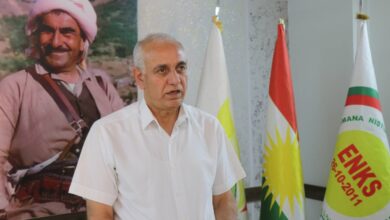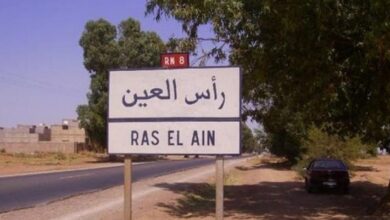Let us put aside the political rhetoric on Syria and think objectively about the efficacy and legitimacy of Russia’s insistence on free and fair elections as the only way to decide the conflict’s most intractable issue, President Bashar al-Assad’s fate
At least with regard to administrative considerations, fair elections cannot be held in Syria – the country, which is a police state, has no experience of that, even before the totalitarian regimes of the Assad family.
Russia’s stubborn stance has complicated the crisis because it has never indicated how elections can be conducted in Syria. Surreally, Assad told a Russian news agency that early elections were possible “if the Syrian people wanted it.” What is the Syria he means, who are the Syrians he refers to, and how can they express this wish? Does he include the parts of the country that are not under his control?
U-turn
Assad’s statement to the Russian news agency signified a considerable retreat from his position following his “landslide” win in the 2014 election, that no further vote was possible until the end of his seven-year term in 2021.
Moscow and Damascus should explain how Syrians living under ISIS or the 12 million displaced inside and outside the country, would be able to cast their ballots
Raed Omari
The softening of his stance is in line with Moscow’s political maneuvering on Syria, which depends on the compromises it sometimes needs to make to Washington, especially since their partnership against terrorism.
Conducting elections in Syria, as in any post-war country, would require administrative measures to ensure transparency, including the deployment of international observers, monitors and journalists. In war-torn Syria, however, even the entry of humanitarian aid trucks has been frequently hindered by warring parties.
Moscow and Damascus should explain how Syrians living under the Islamic State of Iraq and Syria (ISIS), or the 12 million displaced inside and outside the country, would be able to cast their ballots.
alarabiya.net





